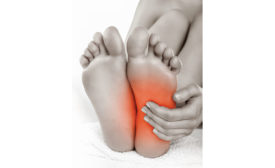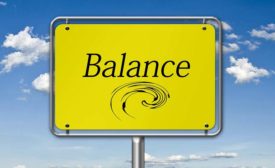Workplace Health
CDC releases guidelines for prescribing opioids for chronic pain
Recommendations to improve patient care, safety, and help prevent opioid misuse and overdose
March 22, 2016
Five years after reactor meltdown
Huge increase in cancers expected in Japan from Fukushima disaster
March 11, 2016
Never miss the latest news and trends driving the safety industry
eNewsletter | Website | eMagazine
JOIN TODAYCopyright ©2024. All Rights Reserved BNP Media.
Design, CMS, Hosting & Web Development :: ePublishing







